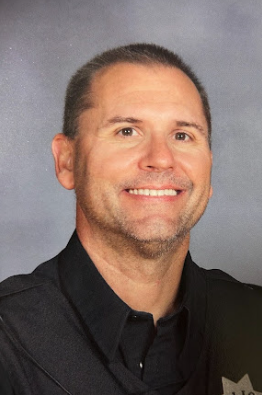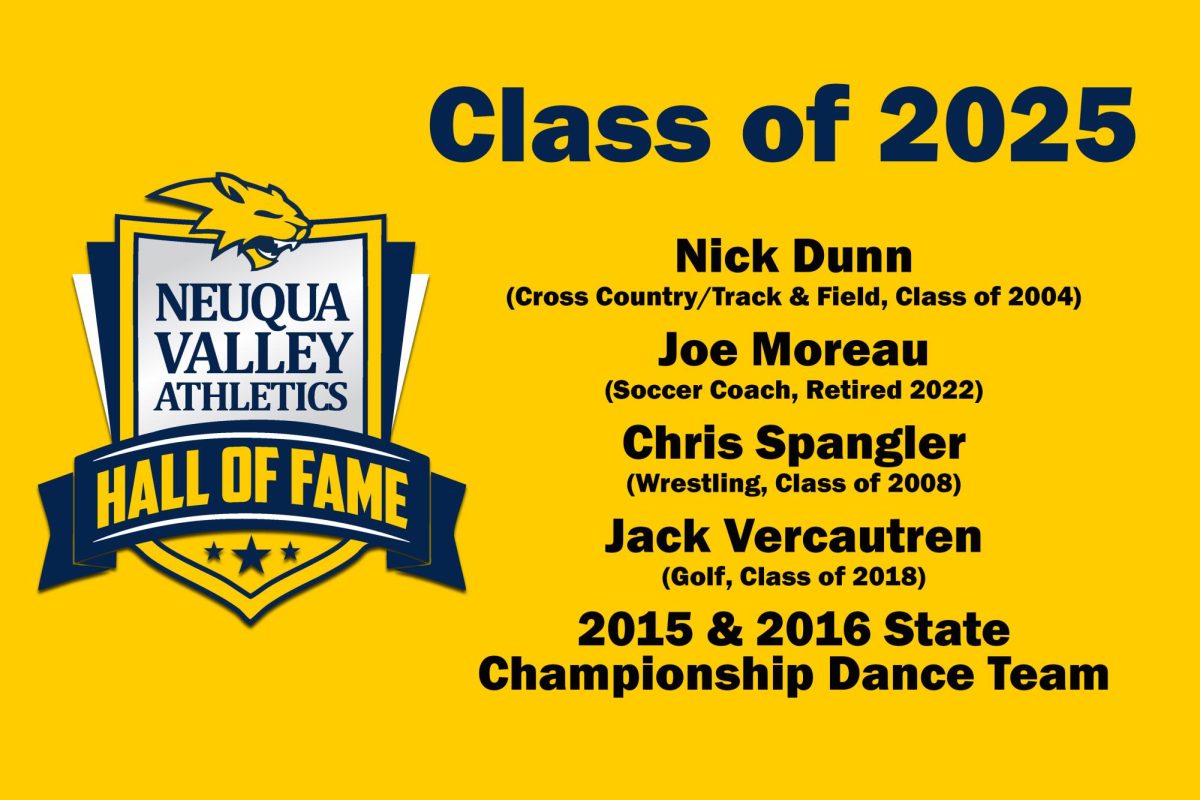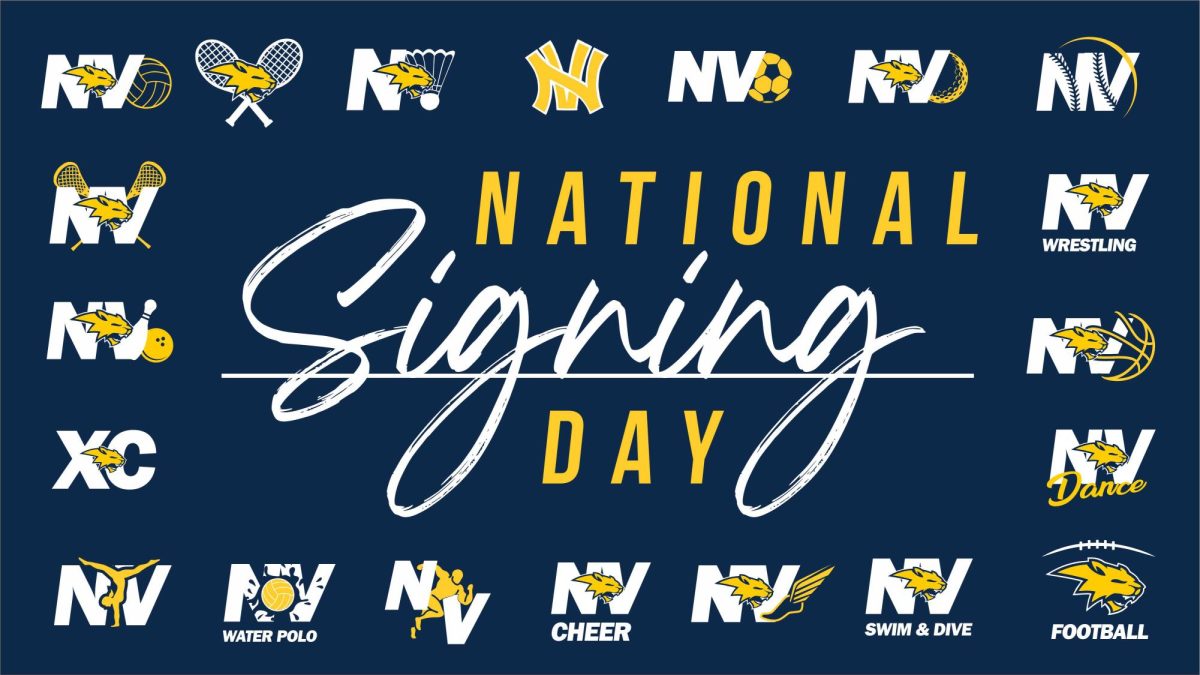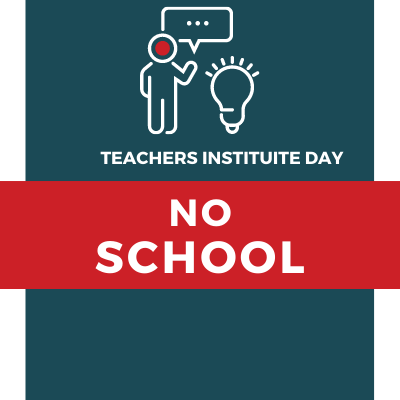
I recently had the pleasure of sitting down with Neuqua Valley High School’s new School Resource Officer, Officer Woods, who joined our school community just two weeks ago. Read on to learn more about him!
How long have you been a police officer for, and when did you first know you wanted to become a police officer?
This will be my 25th year. Before I was a police officer, in my early 20s, I was a prison guard. I saw a bunch of police officers that seemed to enjoy their job a lot more than I enjoyed mine. So I went to college when I was 24, and I was very fortunate back then to get hired right away, right out of college. I didn’t have to wait like some people do. And then I’ve been doing it ever since.
For those who don’t know, what is a school resource officer, and what does he or she do?
We are put in schools in the city of Naperville and are considered detectives. We fall under that group. We used to have a juvenile detective group which would handle any kind of juvenile crime, but due to some cutbacks, they got rid of that, so now we handle all that. They think we’re better off being here at the school than sitting behind a desk at the police department. We handle things both at and outside of school, so if you get trouble outside of school, it would come back to us and we would deal with it later.
Why did you decide to become a school resource officer?
I was on the midnight shift for 22 years. Officer Fulkerson, [the previous] resource officer at the main building and Officer Schumacher are good friends of mine and talked me into [working here]. Two years prior to this, I was at Hill and Gregory Middle School.
How do school resource officers contribute to creating a safe and positive learning environment for students?
That’s a good question. [As for] the safety aspect [being a part] of the police department, we check doors, we background checks, [among other] things. Part of the reason why we’re in here, too, is they want us to be seen as not just scary. I mean, because, usually, I hate to say it, but when [the] police come into your life, it’s usually for something bad. When we get called to houses—[and] I was on patrol for 22 years—[w]e never go to a house for a good thing. It doesn’t have to be criminal; it could be something as simple as well, but that’s what we’re here for, to try to make a positive impact. These kids can see us, and we’re just normal people, here to help if needed.
Do you have any strategies for encouraging students who might be hesitant to approach you about problems they have?
This year, I’ve kind of been thrown into it midway through the year, so I’m right now trying to learn people’s names and develop relationships with students and staff. Like this year is a little bit more difficult because I’m kind of thrown in the middle. My plan for next year is to be more involved, like going to your PE and health classes to show who I am.
Do you notice differences in situations that you help in across grade levels?
When I was at Hill and Gregory and other elementary schools, we would get called for mostly mental health. It’s like I tell my kids: as you get older, the consequences get [more serious]. I’m trying to get used to you guys being a little bit bigger.
Do you think high school students are any different today than when you were in high school?
Overall, no. I have four children, [including] a 15 year old son and a 17 year old senior. They like to make fun of me because of technology differences. When I was in school, we would go see our friends a little bit more, but my sons are gamer guys where they like to talk to their friends online. You’re still hanging out with your friends, but it’s just a different way of doing things. But other than that, kids are kids, right? You’re just growing up.
What advice would you give to someone who would want to follow in your footsteps and become an SRO, too?
I tell kids now that if you want to be an SRO, you have to be a police officer to begin with. You can’t just start as an SRO. You have to work as a patrolman. In Naperville, you have to have a college degree to get hired. I would get a degree in anything but criminal justice because that’s what my degree is in. I would get it in a foreign language or social work or business or something like that, to make you a little bit more well-rounded. And obviously, to be a resource officer, you have to enjoy being around kids. If you don’t enjoy that, then it’s definitely not the job for you. We also have a program here because we’re going to have a couple more openings where you can shadow a resource officer. We encourage officers at our police department to do a day at a school to see if it’s for them; some realize it isn’t for them, while others can’t wait to [get started].






